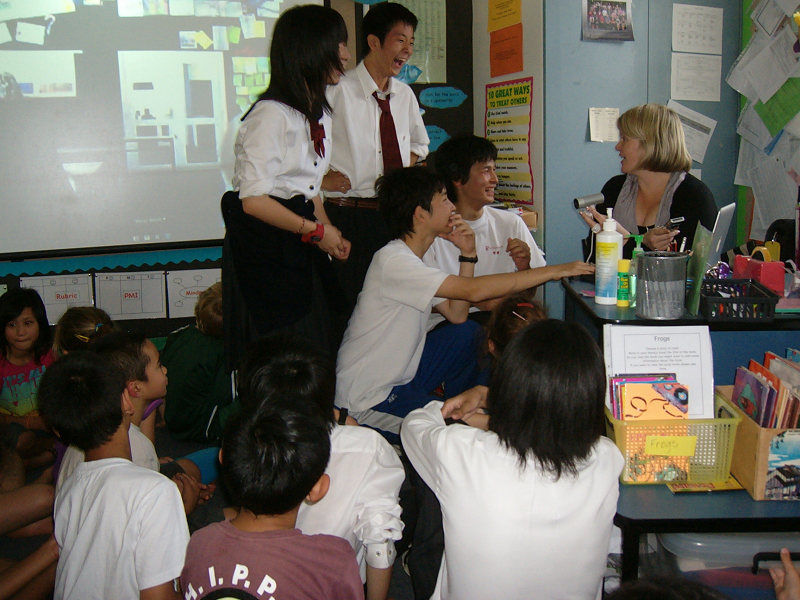Communication style
The Japanese rely on a person's posture, tone of voice, and facial expression to convey their emotions. Since words can have multiple meanings, people frequently place greater trust in nonverbal cues than verbal ones. The meaning of words is influenced by the context in which they are used. In order to completely appreciate the response, it is crucial to comprehend the circumstance.
When someone frowns while speaking, it's assumed that they are disagreeing. When speaking, the majority of Japanese keep a neutral expression. There is a book on how to read signs for "gaijins" (foreigners) because non-verbal communication is extremely important! Staring into someone else's eyes, especially one who is older or more important than you, is regarded as disrespectful.
The Japanese avoid eye contact in crowded places in order to protect their privacy. In Japanese culture, maintaining face is important. The Japanese think that declining someone's request results in the other person losing face and being embarrassed. They will respond with "it's inconvenient" or "it's under consideration" if the request cannot be granted. Face is a symbol of individual dignity and denotes high social standing. They refrain from publicly criticizing, insulting, or putting someone on the spot as a result.












